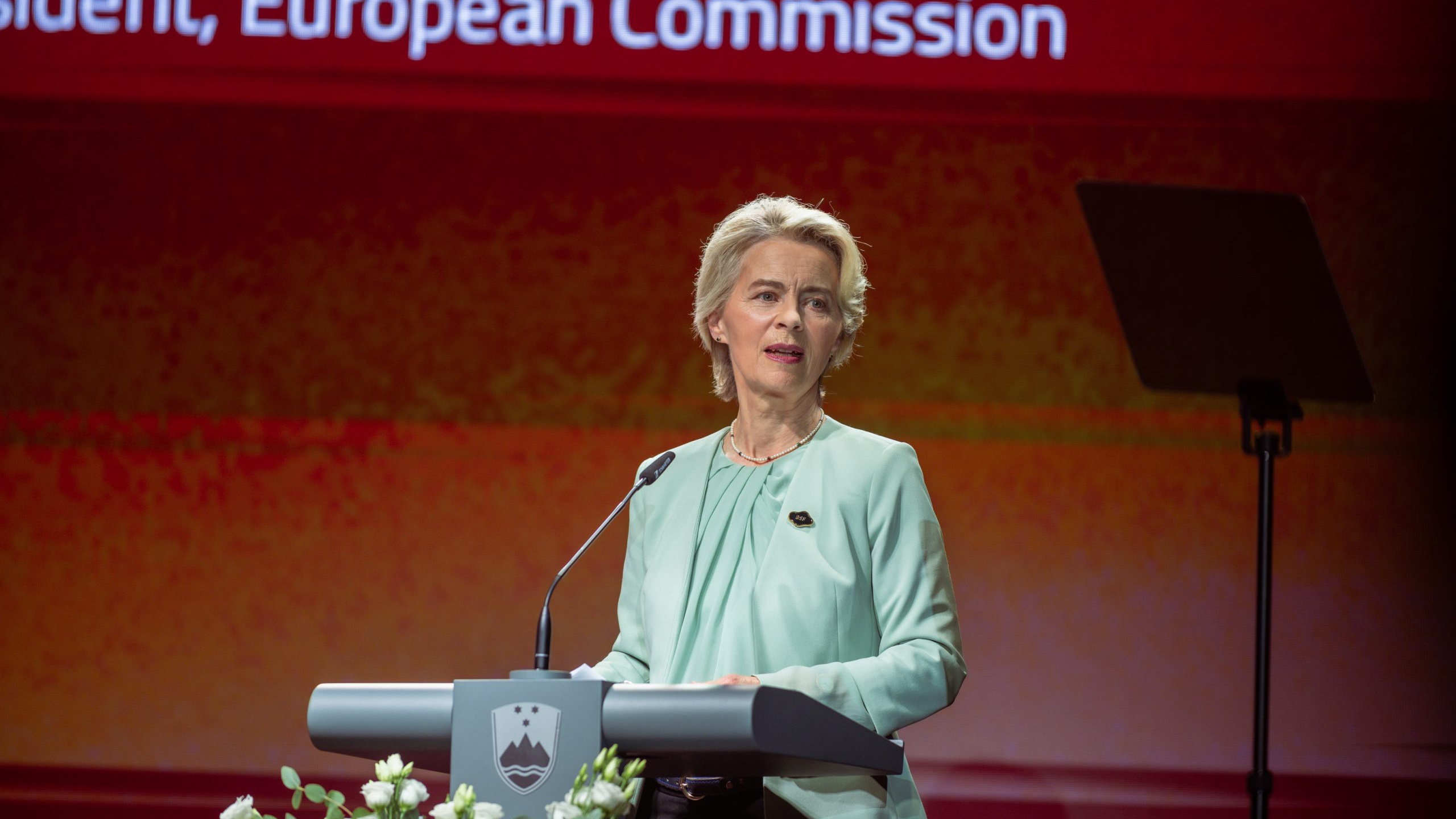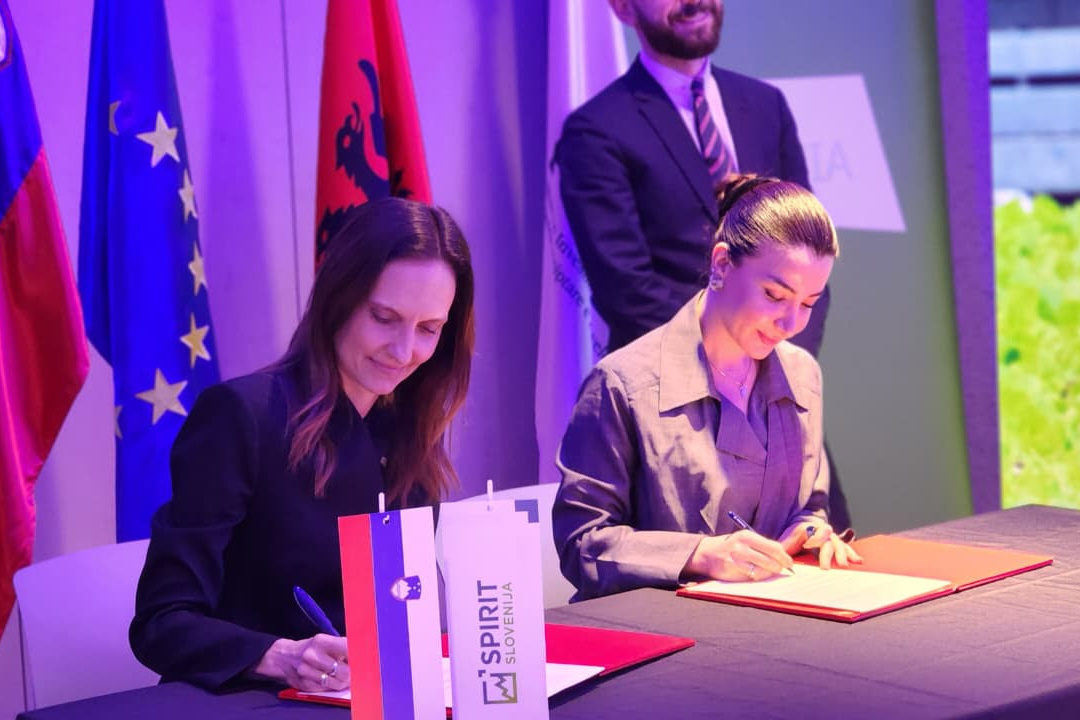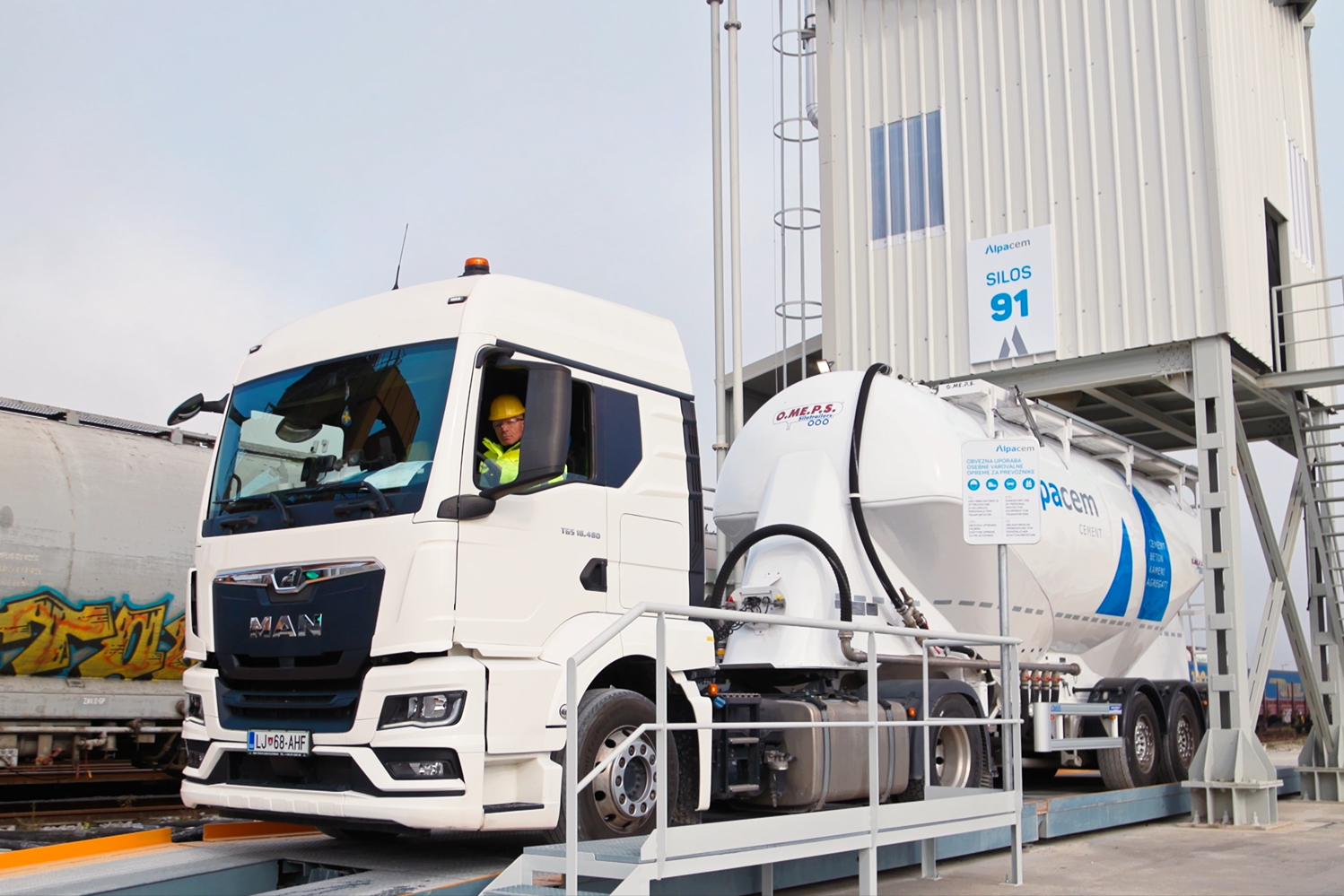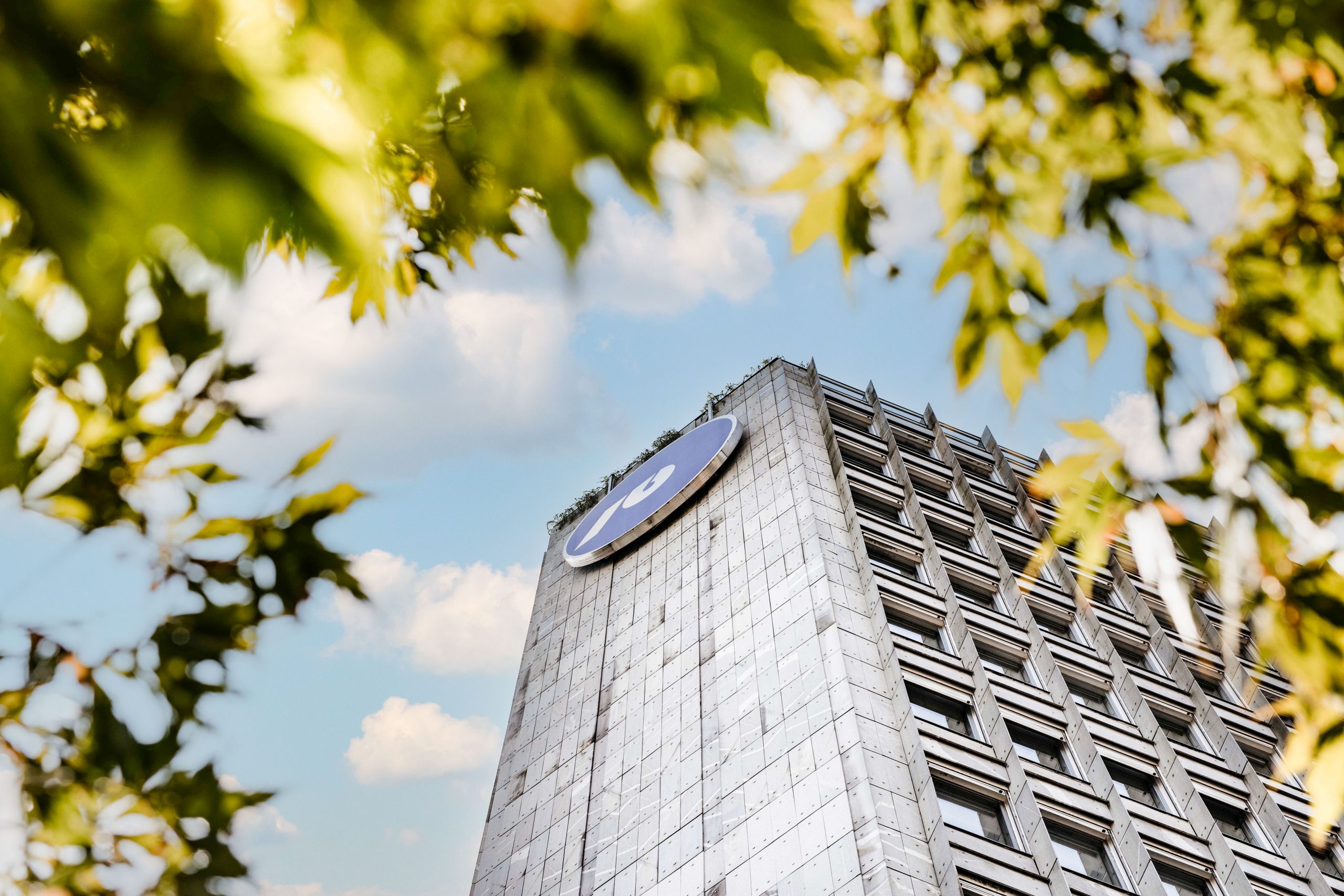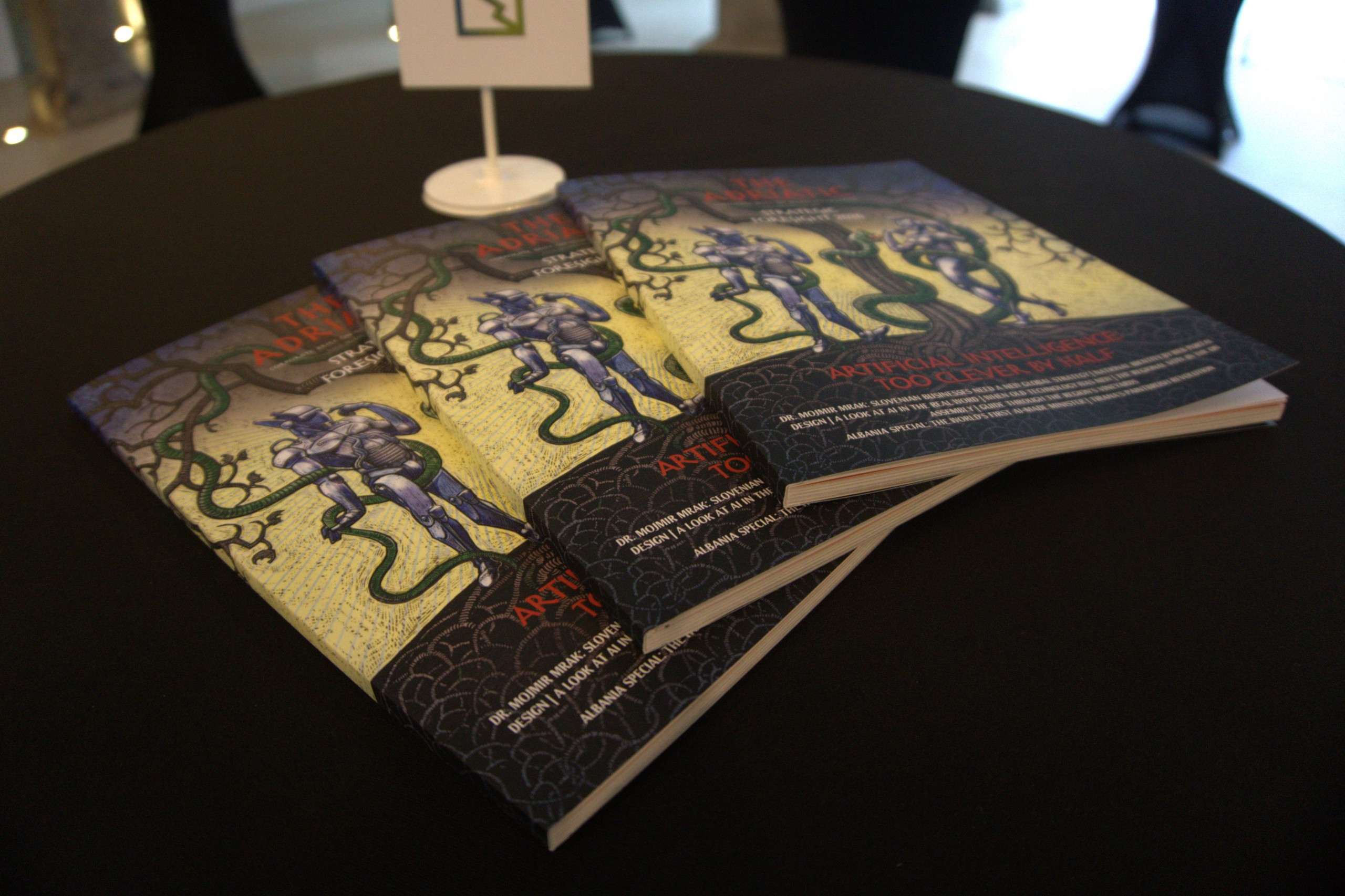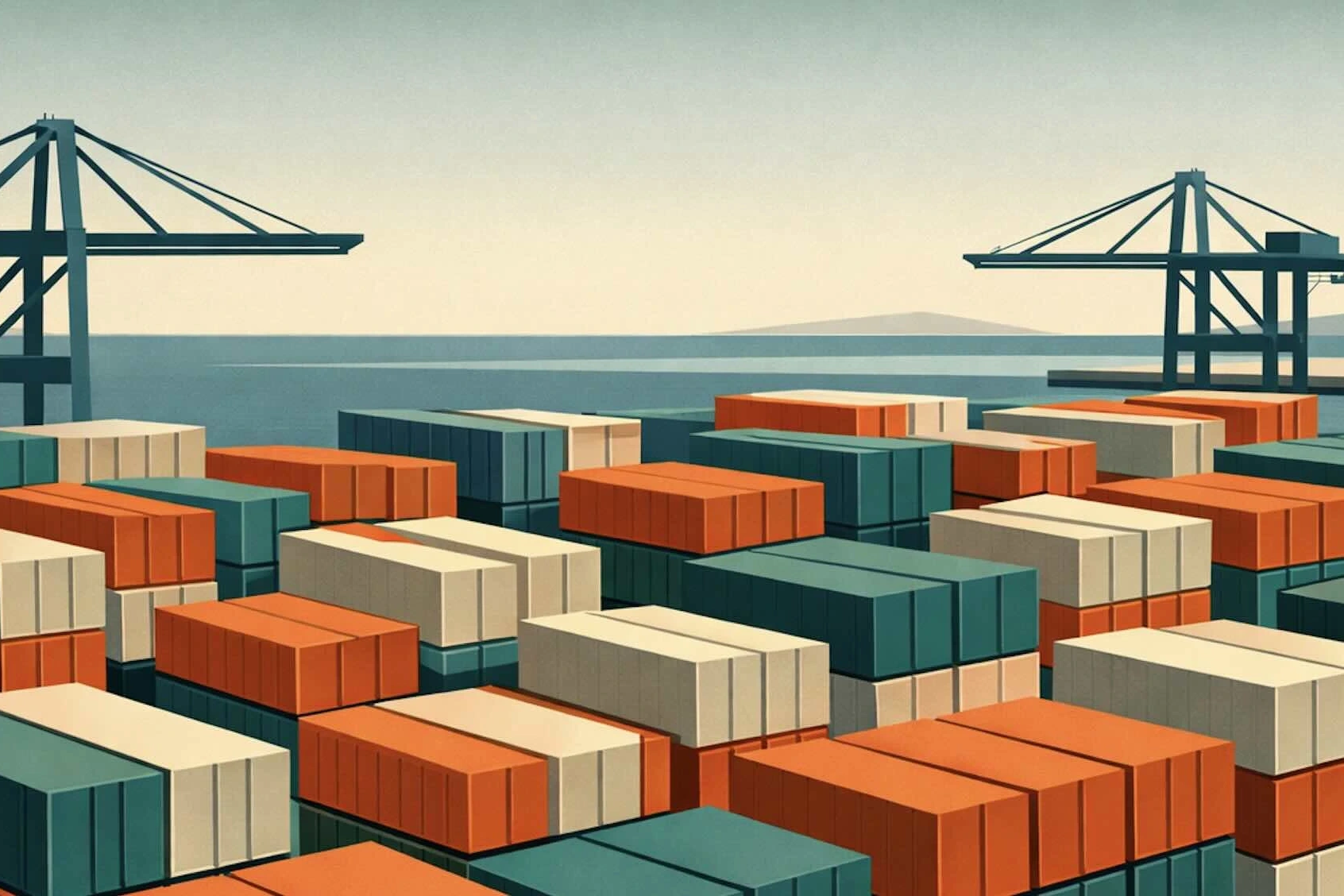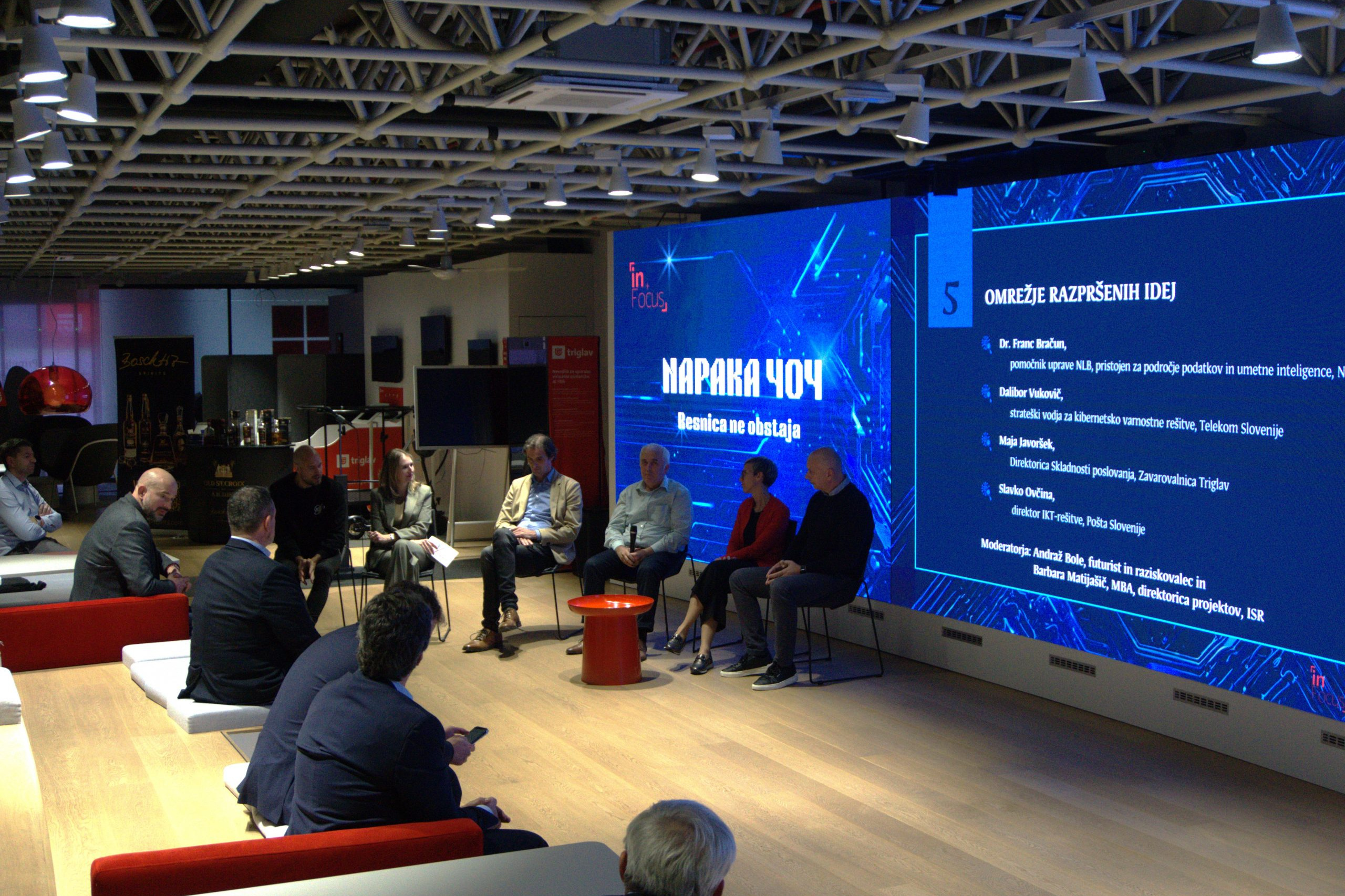EU doubles down on enlargement
The Adriatic Team
In a significant move to reinvigorate its expansion efforts, von der Leyen announced the creation of a new Commissioner role at the annual Bled Strategic Forum, dedicated solely to enlargement, signalling a renewed commitment to integrating the Western Balkans into the bloc.
The announcement, which fulfils a promise made by former European Council President Charles Michel just a year ago, was met with enthusiasm by Western Balkan leaders eager to see their countries join the bloc by 2030.
“Enlargement is an investment in our collective strength and security,” von der Leyen declared, framing the move as crucial for the EU’s global competitiveness and resilience against “blackmail and unfair competition.”
Von der Leyen gave plaudits as to the recent progress in the EU integration process, including the launch of accession negotiations with Albania and North Macedonia. She also hinted at potential movement for Bosnia and Herzegovina, stating her confidence that the country could be “next in line.”
Prime Ministers from Slovenia, Croatia, Albania, and Serbia welcomed the announcement, with Serbian PM Miloš Vučević reaffirming EU membership as Belgrade’s top foreign policy goal. Albanian Prime Minister Edi Rama expressed satisfaction with the EU’s economic growth plan for the Western Balkans.
Introduced by the Commission last year, the plan is already yielding tangible results, according to von der Leyen, as the six Western Balkan partners are set to adopt their reform agendas later this month. These will outline crucial, specific reforms directly tied to €6 billion in European investments.
The decision to split the current Neighbourhood and Enlargement portfolio, currently held by Olivér Várhelyi, comes as the von der Leyen Commission approaches the end of its term this fall. It reflects a strategic prioritisation of a region that has been in the EU’s orbit for decades but has seen fitful progress towards membership.
While trumpeting the creation of the new commission post, von der Leyen made it clear that the bloc won’t compromise on its core values. “Any compromise with our democratic principles would be fatal to achieving our objectives,” she declared, drawing a line in the sand for aspiring member states.
Moscow’s unintended role
In a twist of irony, some Balkan leaders are crediting an unlikely figure for accelerating the EU’s enlargement push: Vladimir Putin.
Rama and Croatian Prime Minister Andrej Plenković both pointed to Putin’s actions as instrumental in shifting the EU’s perspective on expansion. “Putin has helped the European Union realise that it lives in a parallel world,” Rama stated, referencing the Forum’s theme of “A World of Parallel Realities.”
However, the path forward remains complex, with leaders also highlighting significant challenges. Chief among these concerns is the threat of Russian disinformation campaigns. Both Rama and Slovenian Prime Minister Robert Golob emphasised the evolving nature of these efforts, warning that they are likely to intensify, especially as the conflict in Ukraine continues.
Russian information operations aimed at European countries are poised to intensify in the coming years, mirroring Moscow’s increasingly aggressive military posture toward the continent. The Western Balkans, often seen as the EU’s vulnerable soft underbelly, are particularly at risk, making the region a focal point for destabilisation efforts.

